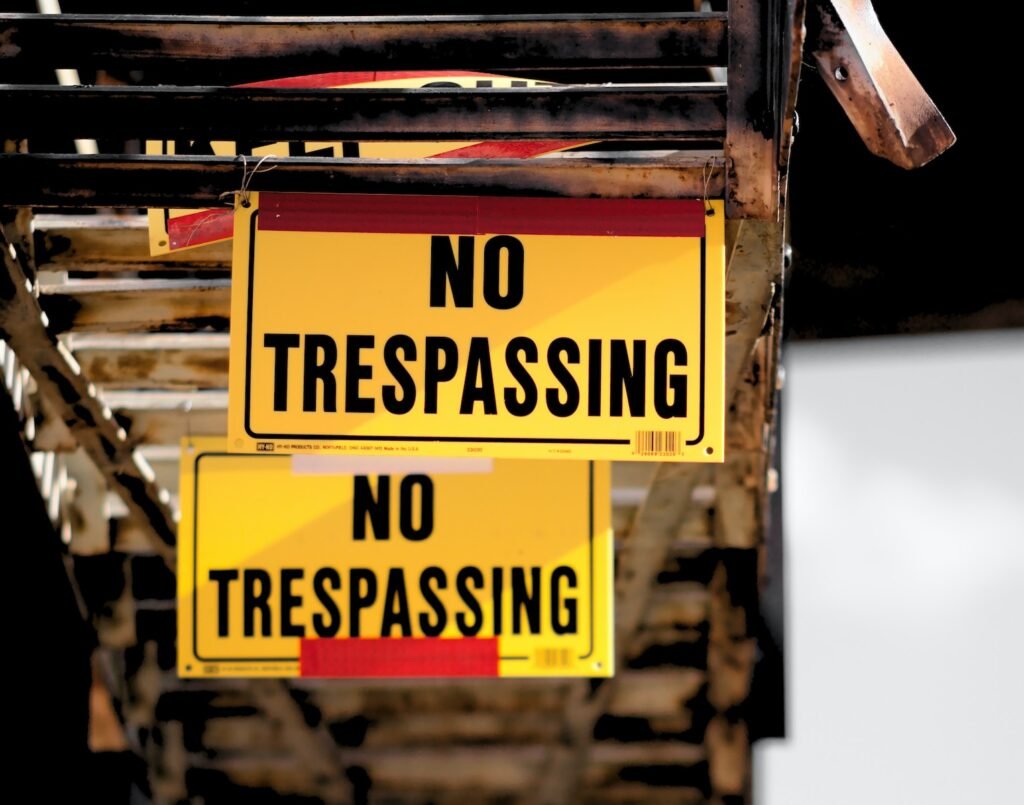Guide to Obtaining Metal Detecting Permits: Know the Process
Metal detecting can be an exciting hobby for treasure hunters and history enthusiasts alike. However, before you embark on your metal detecting adventures, it is important to understand the legal requirements and obtain the necessary permits. This guide will walk you through the process of obtaining a metal detecting permit, ensuring that you can enjoy your hobby legally and responsibly.

Why Do You Need a Metal Detecting Permit?
Metal detecting permits are required to ensure that individuals engaging in this hobby do so responsibly and without causing damage to historical sites or private property. By obtaining a permit, you are not only complying with the law, but also contributing to the preservation of valuable artifacts and historical sites for future generations to enjoy. Before applying for a metal detecting permit, it is crucial to familiarize yourself with the legal requirements specific to your location. Different countries, states, and even municipalities may have varying regulations governing metal detecting. Researching and understanding these requirements will help you avoid any legal issues and ensure a smooth permitting process.
To obtain a metal detecting permit, you must find the appropriate authority responsible for issuing permits in your area. This could be a government department, local council, historical society, or landowner, depending on the specific regulations. Conducting an online search or contacting relevant local authorities will help you identify the correct entity to approach.
Checking the Permitting Process
Once you have identified the appropriate authority, it is essential to familiarize yourself with the permitting process. This may involve completing an application form, providing necessary documentation, and paying any associated fees. Understanding the process beforehand will save you time and ensure you meet all the requirements. Most permitting processes require certain documents to be submitted along with your application. These may include identification documents, proof of address, liability insurance, or even a detailed description of your intended metal detecting activities. Make sure to gather all the required documents in advance to avoid delays or complications during the application process.
Submitting Your Application
After gathering all the necessary documents, you can proceed to submit your application. Pay close attention to any specific instructions provided by the authority and ensure that you provide accurate information. Double-checking your application before submission will help prevent any errors or omissions that could potentially delay the approval process.
Paying the Permitting Fees
In many cases, metal detecting permits come with associated fees that help cover administrative costs and support the preservation of historical sites. Once you have submitted your application, you will likely be required to pay the permitting fees. Ensure that you have the necessary funds available and follow the provided instructions to make the payment promptly.
Waiting for the Approval
After submitting your application and paying the fees, it is time to patiently wait for the approval. Processing times can vary depending on the authority and the number of applications they receive. While waiting, it is important to refrain from metal detecting until you receive the official permit to avoid any legal consequences.
Obtaining Your Metal Detecting Permit
Once your application has been approved, you will receive your metal detecting permit. This document will serve as proof that you are allowed to engage in metal detecting activities within the designated areas and timeframes. Familiarize yourself with its contents and keep the permit with you whenever you are metal detecting. It is crucial to thoroughly read and understand the restrictions outlined in your metal detecting permit. These restrictions may include specific areas where metal detecting is prohibited, time limitations, or rules on handling any artifacts found. By adhering to these restrictions, you can ensure that you are enjoying your hobby responsibly and respecting the historical sites.
Navigating Renewals and Expirations
Most metal detecting permits are not permanent and will have an expiration date. It is important to keep track of this date and initiate the renewal process in a timely manner if you wish to continue metal detecting legally. Ignoring expiration dates can result in fines or other legal consequences, so be sure to stay organized and proactively renew your permit when necessary.
Enjoying Metal Detecting Legally
Finally, once you have obtained your metal detecting permit, it is time to enjoy your hobby legally and responsibly. Remember to always respect private property, follow any additional rules or regulations set by landowners, and report any significant finds to the appropriate authorities. By adhering to these guidelines, you can have an enjoyable metal detecting experience while contributing to the preservation of our collective history.
Obtaining a metal detecting permit may seem like a daunting process, but by following this guide, you can navigate through it smoothly and legally. Understanding the legal requirements, locating the appropriate authority, and gathering the necessary documents will put you on the right track. By securing your metal detecting permit, you can embark on your treasure hunting adventures with peace of mind, knowing that you are contributing to the preservation of historical sites and artifacts.
